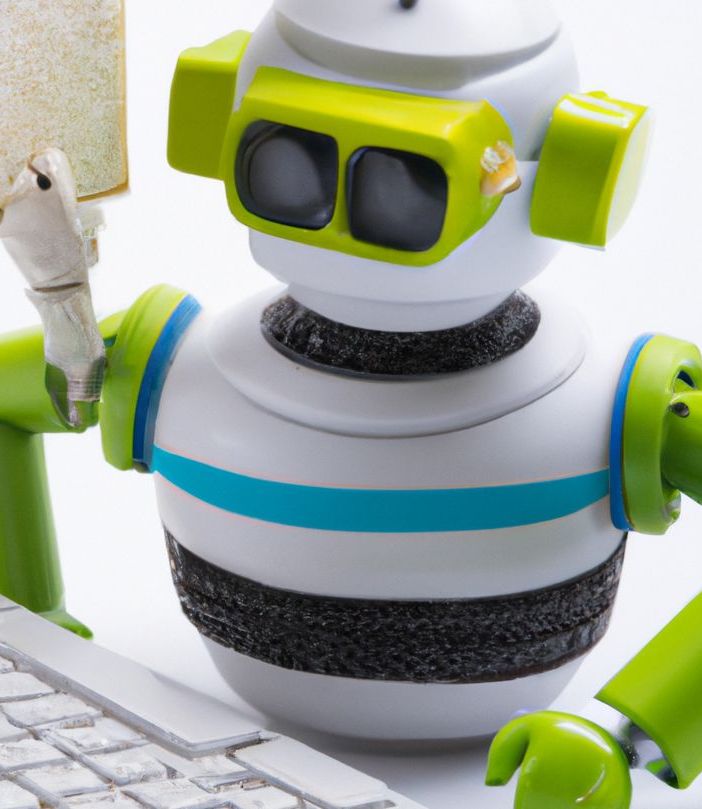We can avoid an information apocalypse only if we strengthen laws that protect authors’ rights
THE FOLLOWING remarks were delivered to the World Intellectual Property Organisation Standing Committee on Copyright and Related Rights (WIPO SCCR) in Geneva on 9 April.
A robot writing computer code, generated from that prompt by Dall-e-2
“No one but a blockhead ever wrote except for money,” to update Samuel Johnson’s statement of 5 April 1776.
The International Federation of Journalists represents 600,000 media professionals who live by this dictum, from more than 140 countries. The IFJ asks you to consider the results if we were to leave reporting the news to the “blockheads” who write to promote a personal enthusiasm or a corporate interest, and are thus happy to publish for free.
Democracy is not possible unless members of the electorate have access to reliable news on which to base their voting decisions. That cannot happen without ethical, independent journalism.
And, for that matter, free markets are impossible unless buyers and sellers have access to truthful independent information, and journalism is the prime means of transmitting such information.
As we approach the 250th anniversary of Johnson’s remark, we are faced with new “blockheads”, even less trustworthy than the hobbyists and lobbyists: so-called “artificial intelligences”. Trained on the works of human authors without the permission and payment required by law, these are prone to confabulations that yet further imperil rational decisions in markets and democracies.

A protester in the US with a handwritten placard: “First they came for the journalists. We don’t know what happened after that.
The IFJ therefore insists that the laws that protect authors’ rights must now be strengthened, not weakened. The IFJ recognises the importance of libraries and archives; but when these are making works available online and therefore globally they are acting as publishers. Any discussion of exceptions to copyright must be balanced by simultaneous measures to strengthen defence of the livelihoods and moral rights of journalists and other creative workers.
In these excessively interesting times, any action that weakens journalists’ ability to make a living from independently publishing our work would add truth, force and blame to the recent street placard: “First they came for the journalists. We don’t know what happened after that.” It is lawmakers’ responsibility to take action to avoid such an information apocalypse.
 The wheels of copyright diplomacy grind slow WIPO report part 1
The wheels of copyright diplomacy grind slow WIPO report part 1
 'Artificial Intelligence' our coverage to date
'Artificial Intelligence' our coverage to date
![[Freelance]](../gif/fl3H.png)
